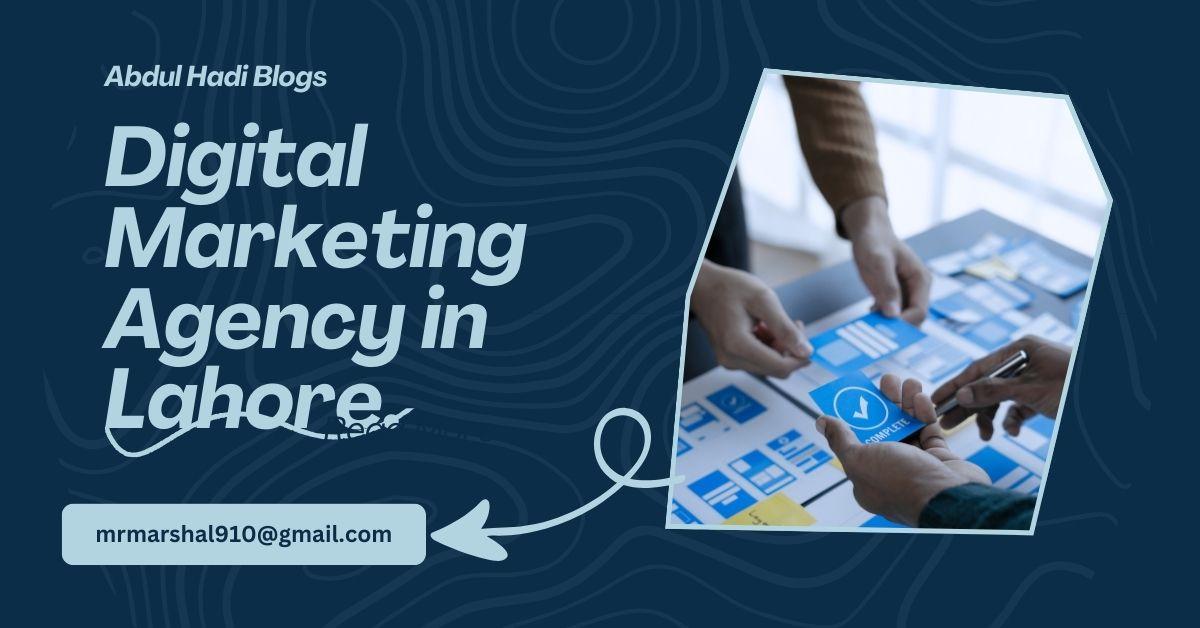SEO vs. Paid Search in a Privacy-First World

In today’s evolving digital ecosystem, marketers are facing a major shift: the rise of a privacy-first world. With third-party cookies phasing out, data tracking tightening, and user control increasing, the balance between SEO and paid search is rapidly changing. This article explores how each strategy holds up in the current privacy-centric environment — and how brands can adapt for long-term success.
Welcome to another insight from AbdulHadi Blog, where we decode the future of digital marketing.
The Privacy-First Revolution
Governments and tech companies alike are implementing tighter privacy regulations. From GDPR in Europe to Apple’s App Tracking Transparency and Google's Privacy Sandbox, access to personal data is being restricted. For digital marketers, this means less granular audience targeting in paid campaigns and more emphasis on ethical, content-driven marketing strategies like SEO.
Paid Search Under Pressure
Paid search — through platforms like Google Ads — relies heavily on user data for precise targeting, retargeting, and conversion tracking. However, as third-party data disappears, ad platforms face reduced accuracy. Marketers now see increased cost-per-click (CPC) with potentially lower ROI due to less personalized ad experiences.
Ad blockers and growing consumer skepticism also impact paid campaigns. In a privacy-first world, transparency becomes essential — and even the best ads must offer genuine value to earn user trust.
SEO: The Organic Alternative
On the other hand, Search Engine Optimization (SEO) thrives on content, authority, and relevance — not personal data. SEO strategies like creating helpful blog posts, optimizing for search intent, and building backlinks naturally align with privacy-first practices.
Platforms like the AbdulHadi Blog demonstrate how value-driven SEO helps businesses rank without intrusive data collection. By focusing on topics users genuinely search for, SEO taps into organic demand rather than pushing ads into limited attention spans.
Trust and Brand Loyalty
In an era where privacy matters, trust becomes currency. Users are more likely to engage with brands that don’t rely on excessive tracking. SEO builds that trust over time. When users find your website through a search and get meaningful answers, a relationship begins without needing personal data.
Paid search can deliver instant traffic, but in a privacy-first world, brands must ensure those ads don’t feel intrusive. Ad transparency, ethical messaging, and opt-in strategies are crucial.
SEO + Paid Search: A Balanced Approach
It’s not a question of SEO vs. paid search, but how to combine them smartly. Use paid search to test keywords, gather conversion data (within ethical limits), and drive short-term results. Meanwhile, invest in SEO to secure long-term organic visibility.
Think of paid ads as the accelerator and SEO as the engine. For instance, the AbdulHadi Blog uses performance ads to promote high-ranking posts while continuing to publish optimized content to maintain organic rankings.
Key Tips for Success
Prioritize first-party data: Use newsletter sign-ups and website analytics to gather consent-based insights.
Double down on content: Focus on informative, well-structured content that solves real problems.
Optimize for search intent: Understand what your audience is truly looking for and tailor your SEO accordingly.
Respect user privacy: Whether using SEO or paid search, always communicate your data practices clearly.
Conclusion
The digital landscape is shifting toward a more private, user-controlled future. In this environment, SEO becomes a sustainable, ethical strategy for long-term growth. While paid search still has value, it must adapt to respect privacy boundaries and deliver transparent messaging.
For forward-thinking marketers, blending both strategies is the key to visibility and trust.
Stay ahead of the curve with AbdulHadi Blog, where privacy, performance, and purpose meet.
- Art
- Causes
- Crafts
- Dance
- Drinks
- Film
- Fitness
- Food
- الألعاب
- Gardening
- Health
- الرئيسية
- Literature
- Music
- Networking
- أخرى
- Party
- Religion
- Shopping
- Sports
- Theater
- Wellness


